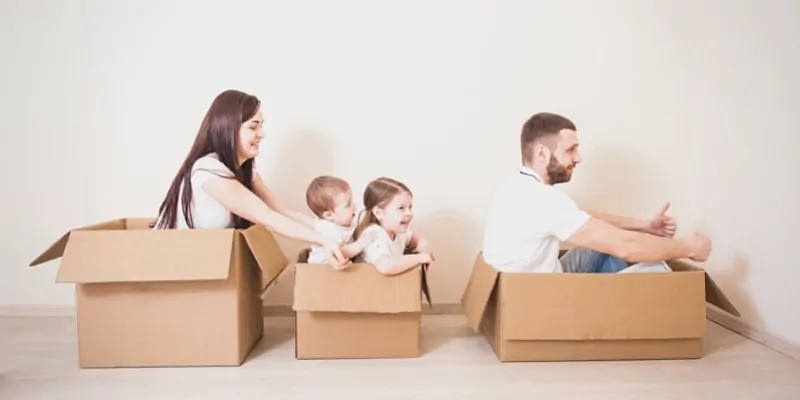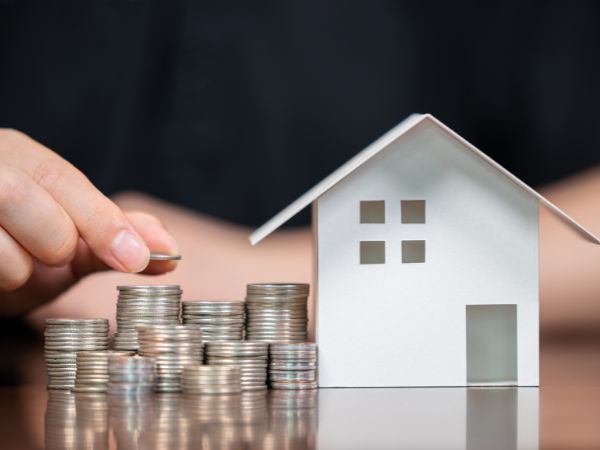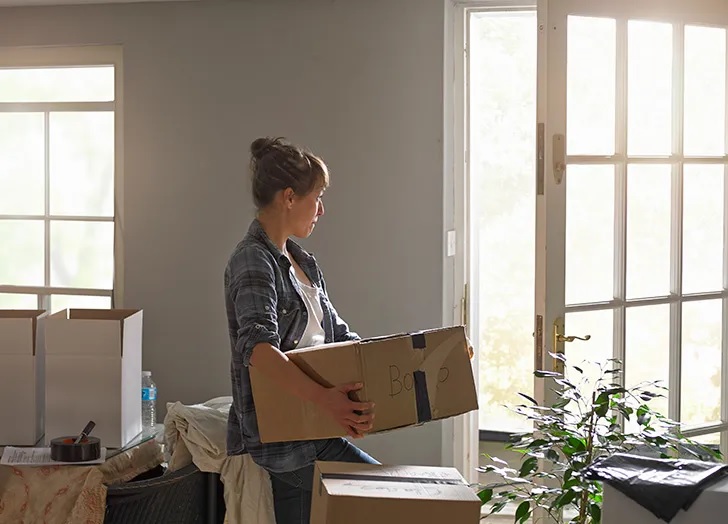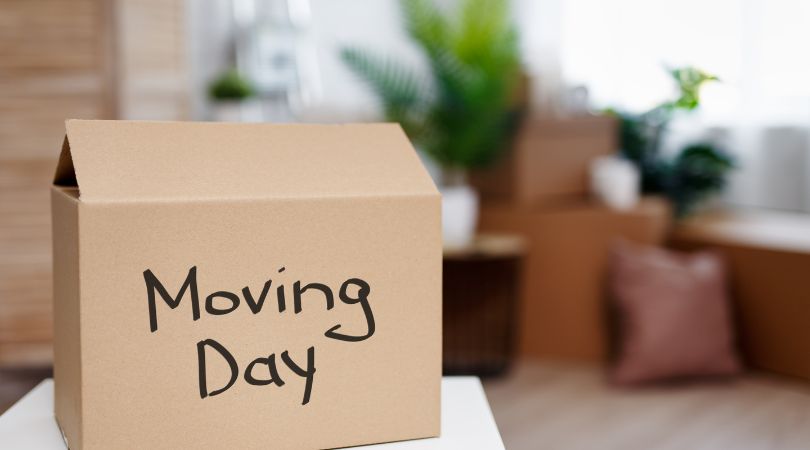Buying your First Vacation Home
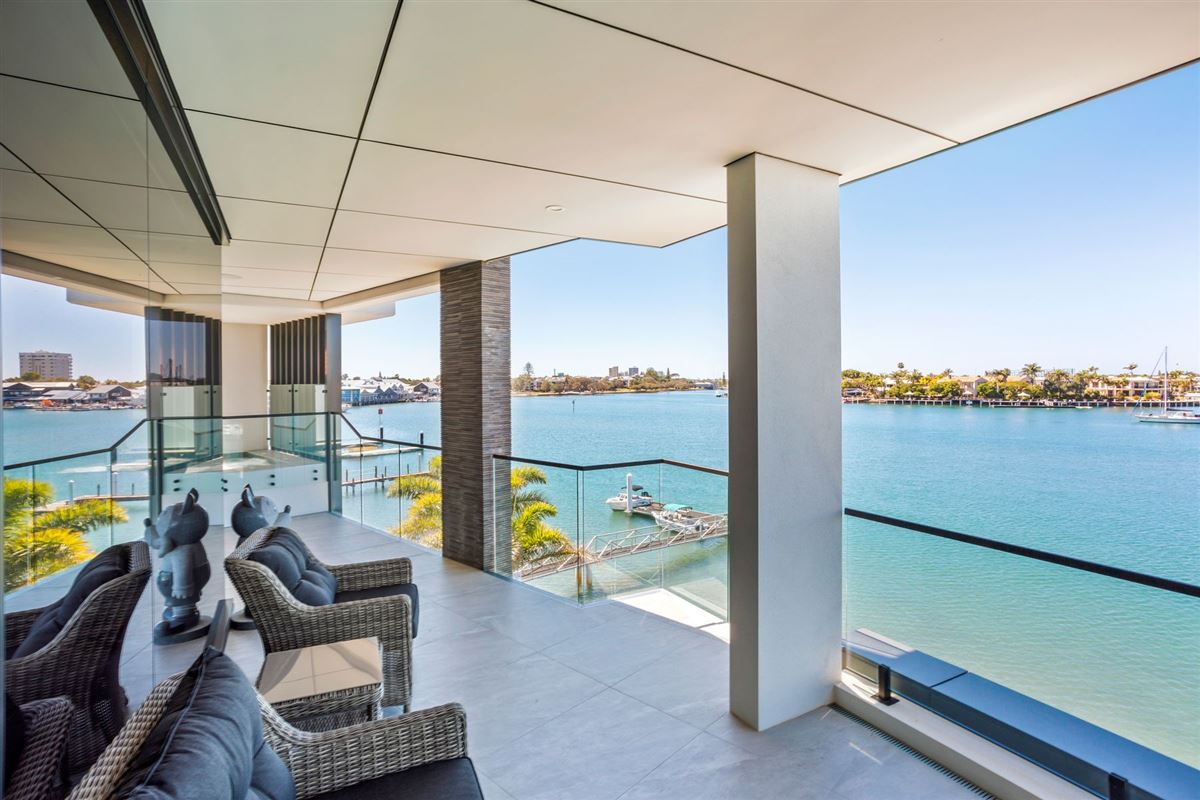
The past decade has seen a meteoric rise in the number of people opting to buy vacation homes. Even while they were already chosen by many astute families searching for more space and greater savings, the popularity of vacation houses increased significantly when millennial vacationers began to take notice. However, since COVID-19 hit our shores, more and more people have discovered that they often want a bolthole to escape to, and many opt to rent these out to travelers to make a little more money.
Given these conditions, investments in holiday properties may present favorable opportunities. Nevertheless, just like any other investment, buying a vacation home involves a lot of hard work as well as some obstacles to overcome. Before buying a vacation home of your own, it is prudent to consider both the benefits of owning a waterfront home and the drawbacks of having one. Let us take a look at some of them.
The pros of buying a vacation home
Financial gains. If you have a second property that you rent out, you may be able to reduce the amount of taxes you owe since you can deduct certain costs from the rental income you receive. In addition to this, you benefit from having tenants that pay rent on a consistent monthly basis.
Enjoyment. You will be able to fulfill your dream of owning a hideaway for the long weekends and holidays if you purchase a second house, regardless of whether it is situated on the side of a gorgeous mountain, among sandy beaches, on the waterfront, or nestled away in the woods. Because of the frequency with which you visit your second residence, you will eventually become acquainted with the locals and integrated into the community there.
Retirement. You will be able to put your permanent residence in the city, which is large enough for a family, up for sale if your vacation property ends up becoming your retirement home in the future.
Convenience. If you have a second house, it can be quite convenient to store all of your recreational and vacation equipment there so that you do not have to haul it with you every time you take a trip in a car or on an airplane.
The cons of buying a vacation home
Initial cost. When you buy a home, not only do you have to make a significant financial investment, but you also have to commit a sizable amount of your overall assets to the real estate market. As a result of the cyclical nature of housing prices and the fact that purchasing a second home is considered a long-term investment, the realization of a return on that investment could take a significant amount of time. Since the sale of a property typically takes some time, the capital that was invested will not be readily available right away.
Renovations and ongoing maintenance costs To bring the property up to standard, you might need to do some work on it. Whether you undertake the work yourself or hire someone else to do it, this will cost you money, time, and effort.
The ongoing costs are increased by a factor of two. You are now responsible for the upkeep of two properties, each of which incurs associated fees. Both extreme
weather events, such as severe snow falls or floods, and renters in a rental property may cause damage to the house. This damage must be repaired as soon as possible. The second house really needs to have its own separate property insurance policy.
Mortgage insurance. RateHub says that since May 30, 2014, when the Canada Mortgage and Housing Corporation (CMHC) stopped offering mortgage insurance for second homes, lenders now want a 20% down payment on second homes. This change came about as a result of the CMHC’s decision to stop offering insurance.
But depending on the circumstances, both private insurance companies and banks may be able to offer second-home mortgage insurance.
